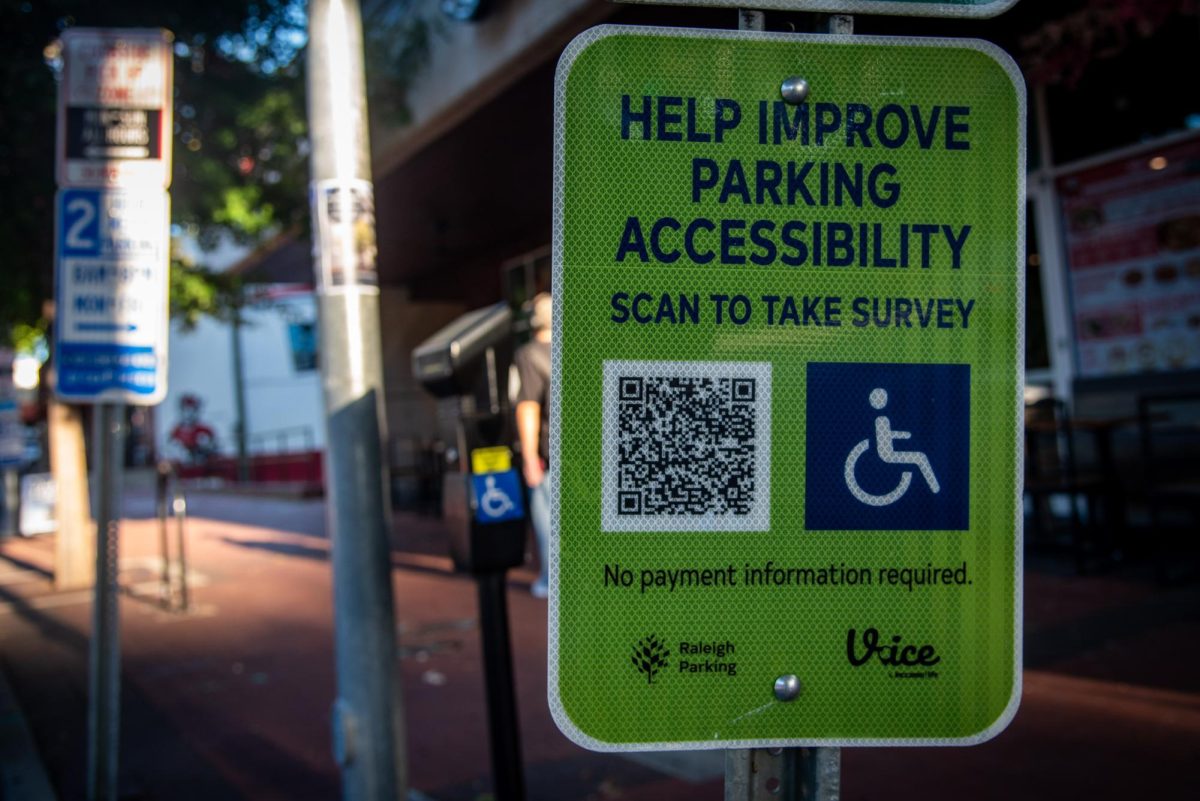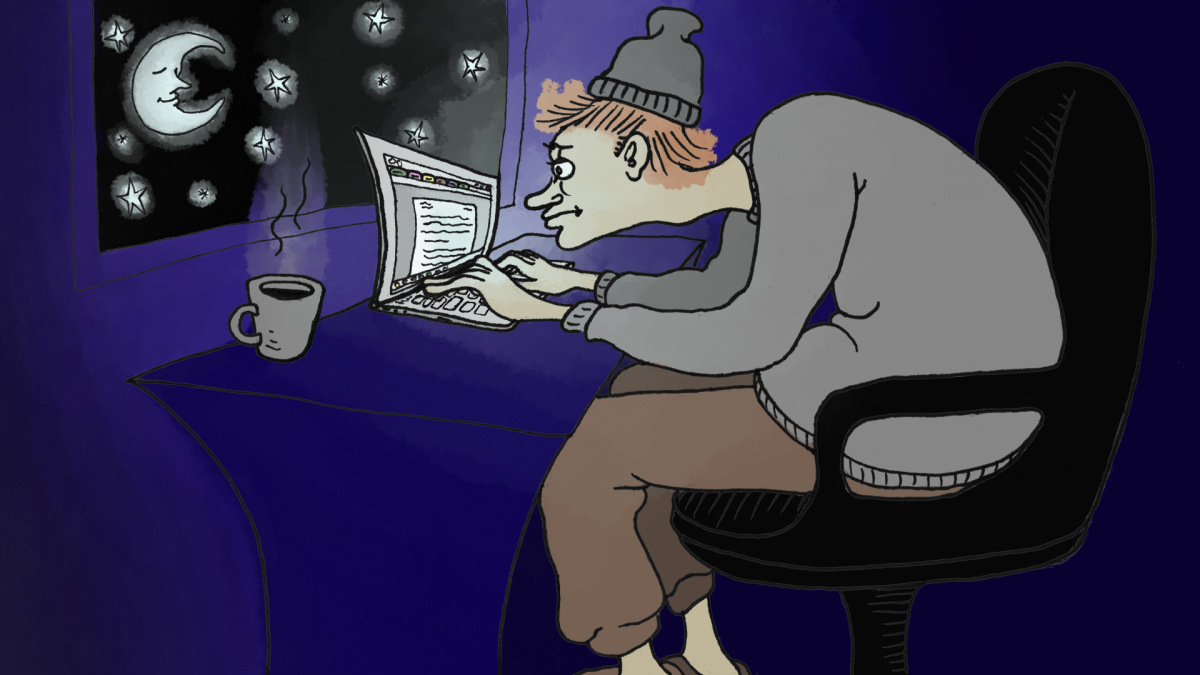Providing more outpatient treatment options for people with schizophrenia and bipolar disorder could not only help people in need, but also save the taxpayers’ money.
Researchers from N.C. State, R.T.I. International and the University of South Florida have found that people who receive outpatient treatment and therapy for certain mental illnesses are less likely to be arrested.
Additionally, the cost of providing this treatment was found to be less expensive for taxpayers than the long-term costs of sending these people through the legal system.
The research was conducted in Florida and focused on 4,056 people who had been hospitalized for schizophrenia or bipolar disorder. They were subsequently tracked from 2005 to 2012 to compare the rate of government-funded outpatient treatment they received to the rate of arrests.
During that time, 1,263 of the participants were arrested a total of 5,477 times for a mix of misdemeanor and felony charges.
Sarah Desmarais, a psychology professor at N.C. State, was among the researchers who worked on the project.
“What we found was that those who received more treatment and had more consistent medication were indeed less likely to get arrested during that seven-year follow-up period,” Desmarais said.
The researchers calculated the costs associated with providing treatment and compared those to the cost of the participants being involved in the criminal justice system. They found that it costs significantly more to incarcerate someone than treat them.
During the study, the participants who were arrested cost the government an average of about $95,000 each. The people who received outpatient treatment cost an average of $68,000 each.
“One of the really powerful findings for me is that it was actually cheaper to provide these medications and treatment in the long term compared to not providing this treatment and having these folks getting arrested,” Desmarais said.
Michael Griffith, a former N.C. State student, was diagnosed with bipolar disorder four years ago at the age of 26. In his teenage years and early 20s, he did not understand why he struggled with his emotions so much.
“I made crazy decisions when I wasn’t medicated, and I got in some trouble with the law,” Griffith said. “It sucked. I would never want to go back to being that person.”
Despite being diagnosed several years ago, it still took Griffith some time to accept that he needed help—he just began taking medication last year. Griffith said he didn’t want to believe that he needed medication because he didn’t believe he was depressed.
In hindsight, Griffith said he realized he didn’t know what depression felt like and that medication has helped him immensely.
“The lows and the highs have really been balanced out,” Griffith said. “It brings me back to an even keel.”
Griffith said therapy has helped a lot, too.
“It’s nice to talk to somebody that listens and understands,” said Griffith.
Griffith said he was encouraged by the new research but wanted to remind people that outpatient treatment will not only help taxpayers save money, it will also help those suffering from the illnesses, as well as their friends and family.
“I feel like everybody around me benefits from me not being a jerk the whole time. I’m still a jerk, but not a huge jerk. I wouldn’t stop taking the medicine at this point.”
Despite the study’s encouraging results, Desmarais said there is still more work to be done.
“One thing that we need is more research like this, it needs to be replicated,” Desmarais said.
Desmarais said she always tells her students “money talks,” and money is what will be needed to fund more research of this kind. The hope is that the government will see this research as an opportunity to save money in the long run—and some agencies already have.
“Effects of Outpatient Treatment on Risk of Arrest of Adults with Serious Mental Illness and Associated Costs” was funded by the Florida Agency for Healthcare and Administration, an organization that oversees Medicaid in Florida.
Researchers included Richard A. Van Dorn, John Petrila, Diane Haynes and Jay P. Singh.




